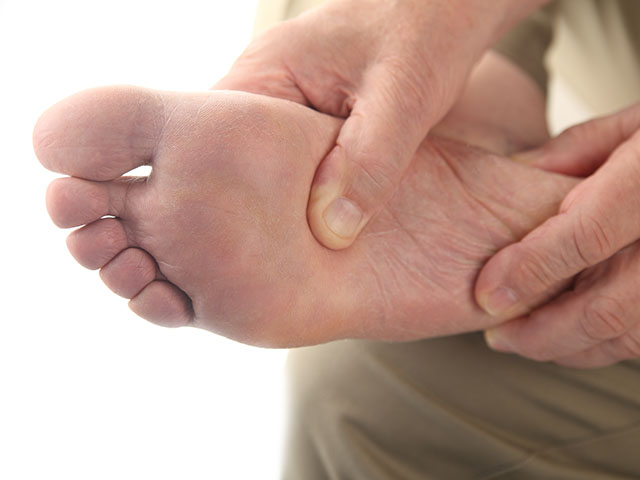Common Diabetic Conditions & Treatment
Tulsa Diabetic Foot Treatment Specialists
People with diabetes are prone to foot problems that develop due to prolonged periods of high blood sugar levels. This can cause nerve damage and poor circulation, leading to nonhealing wounds that are at risk of amputation. Many diabetic foot conditions can be prevented by blood sugar control, though close monitoring from a specialist is recommended as a regular part of their care plan. Any person with diabetes who experience symptoms of infection in the feet should seek emergency treatment.

Get Relief from Diabetic Conditions
Subscribe to stay up-to-date on news and tips from us.




